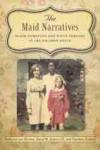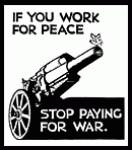Business can sometimes seem mostly exploitation and evil (though counter-examples abound, both current and historical). But how does one do good through business, instead of just doing well? Robert Pierson is an engineer who has seen small business from the inside, thoroughly. After years of diverse job positions, and rising to become a systems engineer, the spiritual side of that work led Rob to get a Master of Ministry degree from Earlham School of Religion. He wrote an article called Do Quakers Mean Business?, confronting stereotypes of business, examining the history of business as a tool for doing good, and exploring possibilities of harnessing this power today.





Add new comment